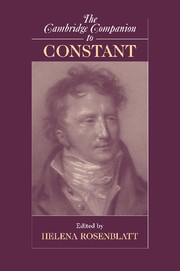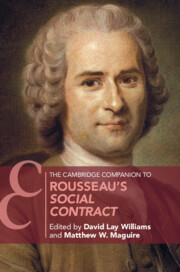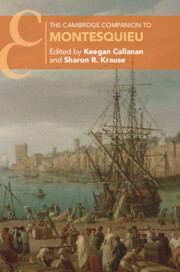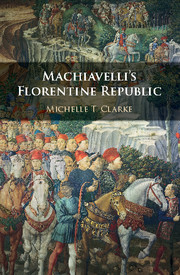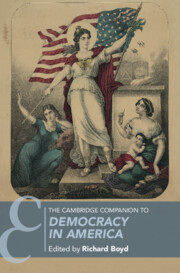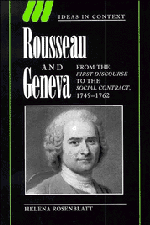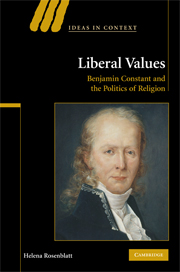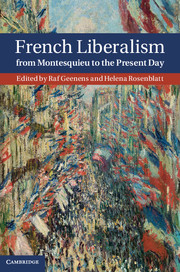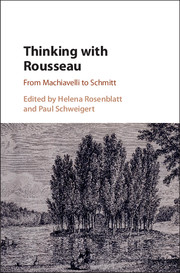The Cambridge Companion to Constant
Benjamin Constant is widely regarded as a founding father of modern liberalism. The Cambridge Companion to Constant presents a collection of interpretive essays on the major aspects of his life and work by a panel of international scholars, offering a necessary overview for anyone who wants to better understand this important thinker. Separate sections are devoted to Constant as a political theorist and actor, his work as a social analyst and literary critic, and his accomplishments as a historian of religion. Themes covered range from Constant's views on modern liberty, progress, terror, and individualism, to his ideas on slavery and empire, literature, women, and the nature and importance of religion. The Cambridge Companion to Constant is a convenient and accessible guide to Constant and the most up-to-date scholarship on him.
- Presents innovative and interdisciplinary perspectives on Constant, who is regarded as a founding father of modern liberalism and the most important liberal thinker between Montesquieu and Tocqueville
- Contains the first English language translation of the essay on Constant by French philosopher, Marcel Gauchet, which first appeared in 1980 and helped propel the liberal revival in France
- Contains three essays on Constant's writings on religion, which were long-neglected but are now recognized as central to his work
Product details
June 2009Paperback
9780521672436
450 pages
229 × 152 × 23 mm
0.6kg
Available
Table of Contents
- Introduction:
- 1. Benjamin Constant: life and work Dennis Wood
- Part I. The Political Thinker and Actor:
- 2. Liberalism's lucid illusion Marcel Gauchet
- 3. The liberty to denounce: ancient and modern Stephen Holmes
- 4. Constant's idea of modern liberty Jeremy Jennings
- 5. Benjamin Constant and the terror Stefano de Luca
- 6. Constant's thought on slavery and empire Jennifer Pitts
- 7. Constant as a second restoration politician Robert Alexander
- Part II. The Psychologist and Critic:
- 8. Constant and women K. Steven Vincent
- 9. Individualism and individuality in Constant Gerald Izenberg
- 10. Literature and politics in Constant Patrick Coleman
- 11. Constant's theory of the perfectibility of the human race Etienne Hofmann
- Part III. The Analyst and Historian of Religion:
- 12. Religion according to Constant Tzvetan Todorov
- 13. Constant on the religious spirit of liberalism Bryan Garsten
- 14. Constant on religion: 'theism descends from heaven to earth' Laurence Dickey
- Conclusion:
- 15. Eclipses and revivals: Constant's reception in France and America (1830–2007) Helena Rosenblatt.

